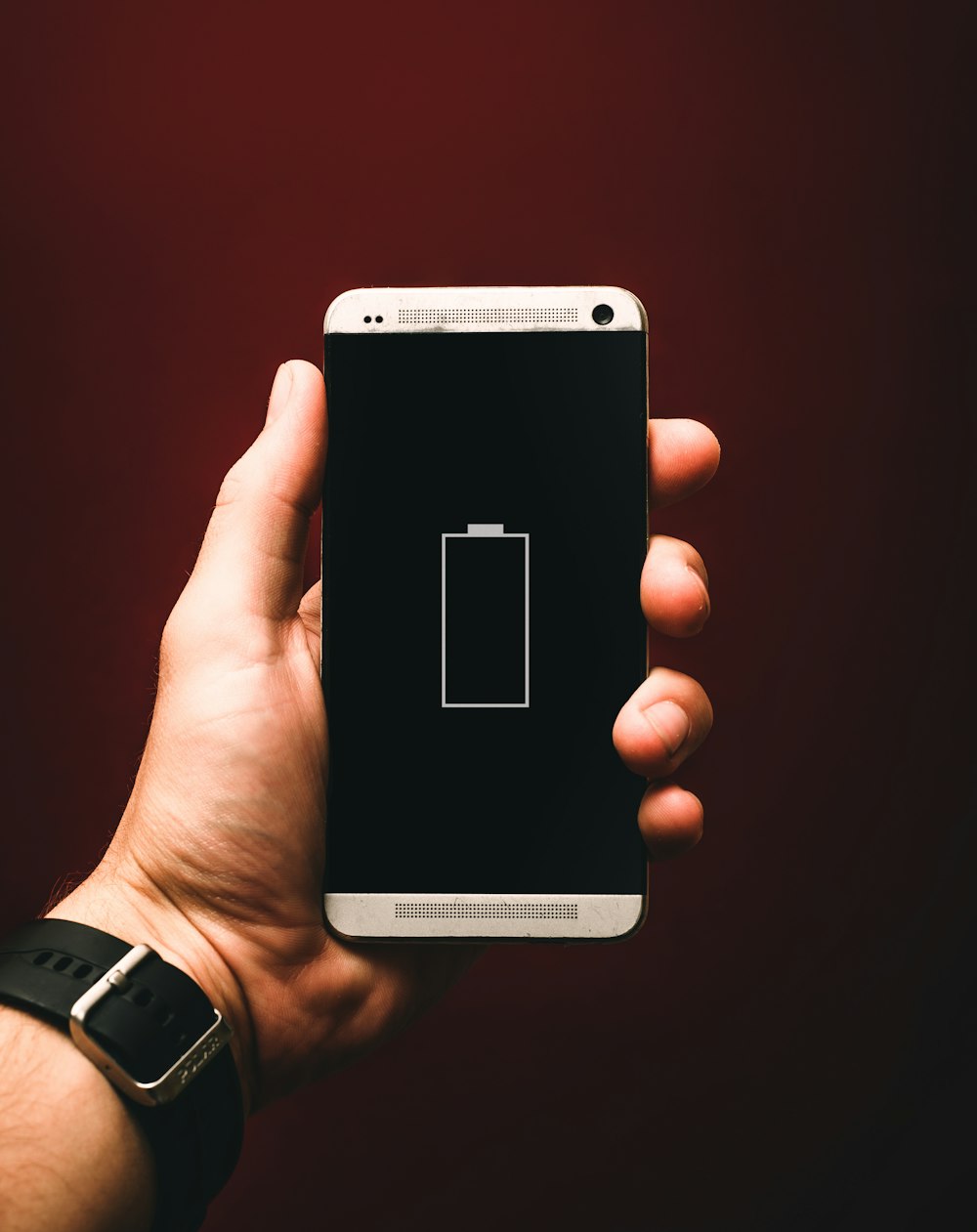Batteries – Are lithium-ion batteries Goodenough?
John B. Goodenough¹. You have probably never heard of him, but I can tell you that he is a good enough bloke. He’s nearly a hundred years old but still rocks in science like a 20-year-old. During his lifetime Goodenough has developed commodities such as computer RAM-memory and lithium-ion battery technology. So, John basically provided us laptops and smart phones. Not bad I would say.
But that’s not all folks, as usual. He is cooking something new for us to tackle one of the most important challenges of our time. As we all probably know, electricity is the noblest form of energy, but it is difficult to store. Lithium-ion batteries are satisfactory energy storages especially for small applications, but in larger scale the weaknesses become evident.
Resource intensive but moderate technology
Manufacturing of lithium-ion batteries is energy and resource intensive business and harmful to the environment with our current craving for batteries. The need for rare-earth metals for the batteries causes ethical and environmental issues as well as the chemicals in the electrolyte are not actually intended for internal use².
The energy density of lithium-ion technology is moderate, but there’s much room for improvement in large scale storing of energy³. The lifetime of the batteries is also not optimal as renewing batteries every couple of years in for example solar energy plants isn’t economically feasible. But despite the weaknesses, lithium-ion still remains de facto standard of battery technology as there are no other options, yet.
A solid option for lithium-ion
Goodenough recipe for solving the issues of lithium-ion technology is called a solid-state-battery. The battery is in solid form, hence the name, unlike the lithium-ion which has a liquid electrolyte. Solid electrolyte removes the potential leakage of flammable chemicals and suits better for harsh conditions. The battery composition wouldn’t also require rare-earth metals. The energy density and lifetime should also be significantly higher than with the lithium-ion counterpart. ⁴
But how these yet fulfilled promises affect our lives then? In practice not that much I would argue, but in the scene things do change. High yield batteries have the potential to revolutionize our energy production and logistics as storing energy from renewable sources would become feasible and battery-driven vehicles significantly cheaper.
Batteries with high energy density and long lifetime with low costs could provide more intelligent IoT-systems than we have planned in TT Gaskets, as energy consumption wouldn’t be that big of an issue. We are patiently waiting for breakthroughs in this interesting field of technology and keeping options open for applying it in our innovations. After all, sustainable energy is the solid base of our future.
¹ https://www.britannica.com/biography/John-B-Goodenough
² https://blog.energybrainpool.com/en/is-there-enough-lithium-to-feed-the-need-for-batteries/
³ https://www.epectec.com/batteries/cell-comparison.html
⁴ https://www.sciencedirect.com/topics/materials-science/solid-state-battery

